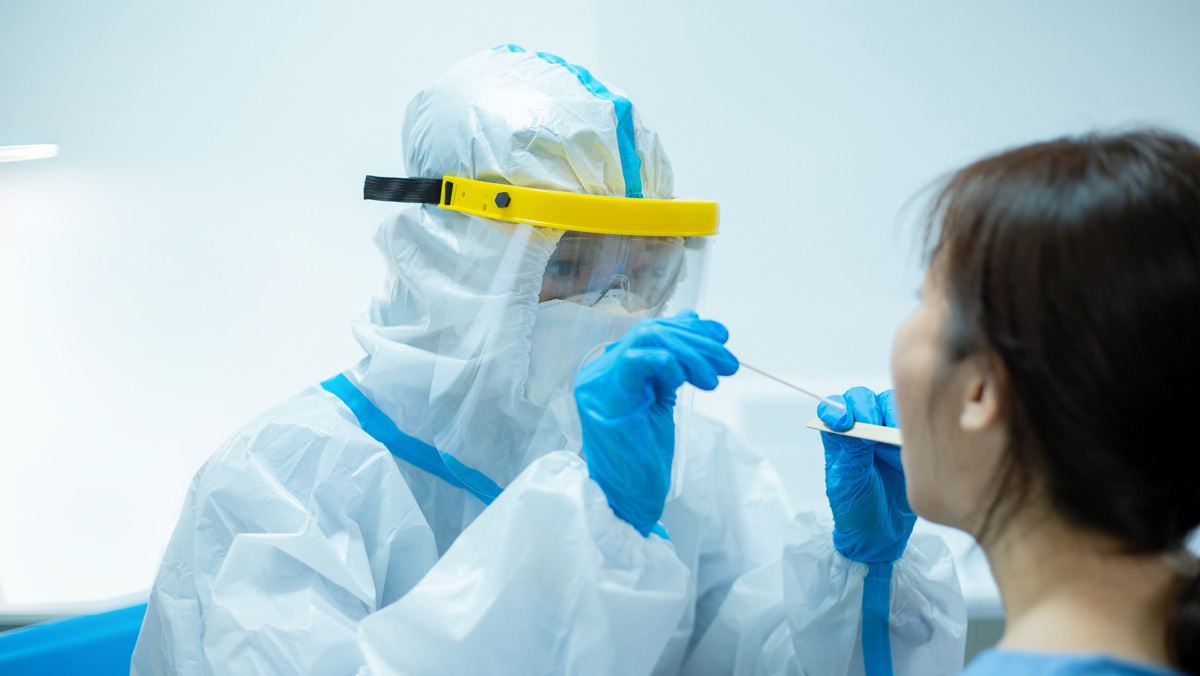‘Swab-free’ coronavirus test on trial in the UK

Researchers in the UK have started testing a coronavirus test that would do away with the need to swab the nose and throat, and instead use a saliva sample that could be easily taken at home.
A four-week pilot study of the test developed by UK company Optigene is being organised by the team at Southampton University and will be carried out in more than 14,000 healthcare and key workers, according to the UK government.
If it proves to be reliable, it could provide an alternative to swab testing to see if a person is currently infected with the SARS-CoV-2 virus.
Swabs can be uncomfortable and may not be taken properly if administered by someone who is inexperienced, which makes them less than ideal for people self-testing at home. They have to be taken from as far back as possible in the throat and nasal passages, stimulating the gag reflex.
The ongoing IQVIA/Office of National Statistics (ONS) trial in 20,000 UK households is relying on self-swabbing, often out of sight of a healthcare professional, and that has led some experts to question the reliability of the results. Some estimates suggest up to a third of swab tests may be inaccurate.
The ONS study is behind the data suggesting the rate of coronavirus infection in the UK was one in 1,700, down from one in 400 at the peak of the outbreak.
In the Southampton pilot, subjects will have test kits delivered to their homes or workplace for collecting saliva samples, which will then be collected or returned to an agreed location. Results should be available within 48 hours.
The saliva test looks for genetic material of the virus using a technique known as loop-mediated isothermal amplification (LAMP). Part of the pilot will involve a comparison with nasal swabs, using polymerase chain reaction (PCR) testing to identify SARS-CoV-2 DNA, in order to validate the spit test approach.
Meanwhile, tests from other suppliers – including Chronomics, Avacta, MAP Science and Oxford Nanoimaging (ONI) – are also being evaluated, and the government says it is also working with other suppliers to develop bespoke saliva collection kits and scale up manufacturing for products that can be used with existing PCR tests.
“This trial will also help us learn if routine, at-home testing could pick up cases of the virus earlier,” said health secretary Matt Hancock.
People who take part in the pilot must also enrol in the UK’s test-and-trace system, so that the people they have been in contact with in the days before any positive test can be reached and asked to self-isolate.
“Weekly testing as part of the pilot will help to identify coronavirus cases early on, including for those with no or minor symptoms, meaning those who test positive can isolate within their households,” says the government.











